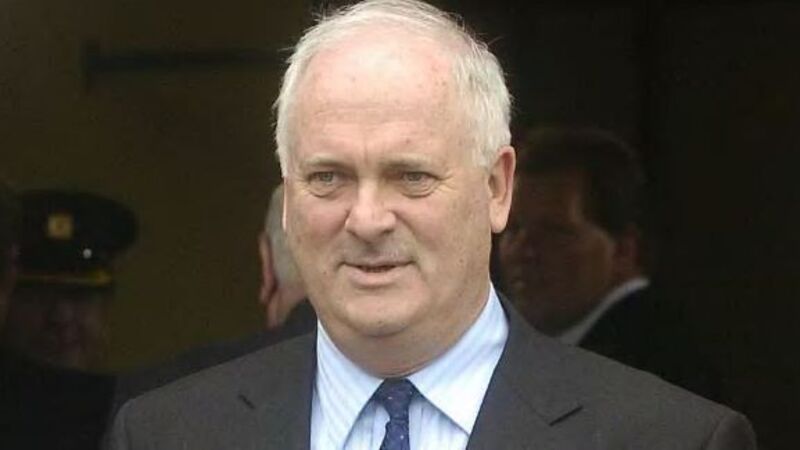Ireland needs more than MEPs in EU

BETWEEN May 22 and 25, European citizens from 28 member states will democratically choose 751 MEPs to take their seats in the European Parliament. We should not underestimate the task we face as voters in choosing who will represent and communicate our best interests at the heart of the EU. But nor should we be blinded to the fact that in Europe’s heartland, Ireland needs more than its MEPs.
We are all familiar with the presence of high-profile Irish political figures in Brussels. Most Irish European commissioners have been drawn from the ranks of the Irish cabinet. It is likely Ireland’s next nominee for the commission will share that background.
















